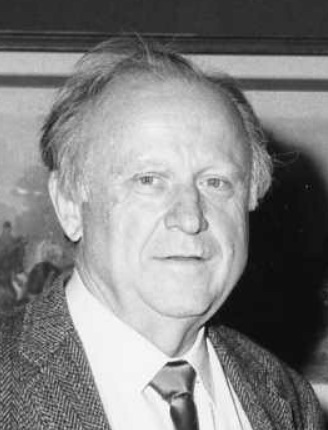Frank Herbert Frases famosas
“O início do conhecimento é a descoberta de qualquer coisa que não entendemos.”
citado em "Are You Being Served?
Fonte: : New Tools for Measuring Service Delivery"; Por Samia Amin, Jishnu Das, Markus P. Goldstein; Colaborador Samia Amin, Jishnu Das, Markus P. Goldstein; Publicado por World Bank Publications, 2007; ISBN 0821371851, 9780821371855; 340 páginas; book.google http://books.google.com/books?id=JxctzRRz5IQC&pg=PA1&dq=The+beginning+of+knowledge+is+the+discovery+of+something+we+do+not+understand.+frank+herbert&lr=&client=firefox-a&hl=pt-BR&sig=ACfU3U2jTm5NtVAivZFaqlXBzR61BjNkUA
Frank Herbert frases e citações
Frank Herbert: Frases em inglês
“Questions are my enemies. For my questions explode!”
God Emperor of Dune
Without Me, You're Nothing: The Essential Guide to Home Computers (1981), co-written with Max Barnard
General sources
"Introduction" to New World or No World (1970)
General sources
Gowachin Mrreg to Jorj X. McKie; p. 297
The Bureau of Sabotage series, The Dosadi Experiment (1977)
and murdered more than six million of our fellow human beings.
"Introduction", to Eye, (1987)
General sources
"From The Trial of Trials", p. 252
The Bureau of Sabotage series, The Dosadi Experiment (1977)
"Doll Factory, Gun Factory" (1973), essay reprinted in The Maker of Dune : Insights of a Master of Science Fiction (1987), edited by Tim O'Reilly
General sources
"BuSab [Bureau of Sabotage] Manual"; p. 87
The Bureau of Sabotage series, Whipping Star (1969)
“Learning a language represents training in the delusions of that language.”
"Gowachin Aphorism"; p. 111
The Bureau of Sabotage series, Whipping Star (1969)
"From The Wreave Commentary"; p. 136
The Bureau of Sabotage series, Whipping Star (1969)
"From The Trial of Trials", p. 246
The Bureau of Sabotage series, The Dosadi Experiment (1977)
"Introduction" to New World or No World (1970)
General sources
"Men on other planets", essay in The Craft of Science Fiction, (1976), edited by Reginald Bretnor
General sources
On UFO cultists, In "Flying Saucers: Fact or Farce?", San Francisco Sunday Examiner & Chronicle, "People" supplement, (20 October 1963); reprinted in The Maker of Dune : Insights of a Master of Science Fiction (1987), edited by Tim O'Reilly
General sources
processes
"Doll Factory, Gun Factory" (1973), essay reprinted in The Maker of Dune : Insights of a Master of Science Fiction (1987), edited by Tim O'Reilly
General sources
"Laclac Riddle"; p. 68
The Bureau of Sabotage series, Whipping Star (1969)
On belief in UFOs, in "Flying Saucers: Fact or Farce?", San Francisco Sunday Examiner & Chronicle, "People" supplement, (20 October 1963); reprinted in The Maker of Dune : Insights of a Master of Science Fiction (1987), edited by Tim O'Reilly
General sources
"Conversations in Port Townsend," interview with Tim O'Reilly, 1983. Reprinted in The Maker of Dune: Insights of a Master of Science Fiction (1987), edited by Tim O'Reilly
General sources
"They Stopped the Moving Sands" part of a letter to his agent Lurton Blassingame, outlining an article on how the USDA was using poverty grasses to protect Florence, Oregon from harmful sand dunes (11 July 1957); the article was never published, but did develop several of the ideas that led to "Dune"; as quoted in The Road to Dune (2005), p. 266
General sources
Gowachin Aritch to Jorj X. McKie; p. 68
The Bureau of Sabotage series, The Dosadi Experiment (1977)
